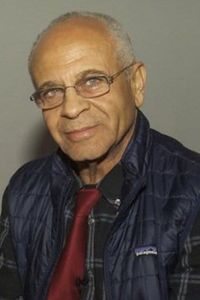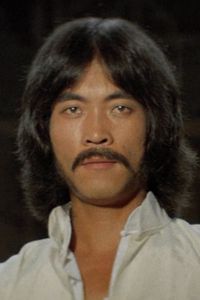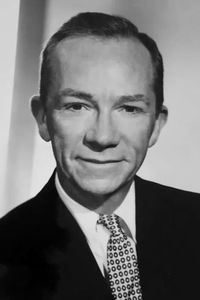Michael Schultz was born in Milwaukee, Wisconsin, to Katherine Frances Leslie, a factory worker, and Leo Schultz, an insurance salesman of German American descent. Schultz's academic pursuits took him to the University of Wisconsin–Madison, Marquette University, and eventually Princeton University, where he directed his first play, a production of Samuel Beckett's Waiting for Godot, in 1966.
In 1968, Schultz joined the Negro Ensemble Company, a prestigious theatrical organization that brought him to Broadway in 1969. His breakthrough as a director came with the restaging of Lorraine Hansberry's To Be Young, Gifted and Black for television in 1972.
Schultz's early film projects, which combined elements of low comedy with profound social commentary, gained momentum with the release of Honeybaby, Honeybaby, Cooley High, and the ensemble comedy Car Wash in 1976, followed by Which Way Is Up? in 1977, starring Richard Pryor.
In 1978, Schultz was entrusted with the largest budget ever given to an African-American film director at the time to direct the musical Sergeant Pepper's Lonely Hearts Club Band. Unfortunately, the film was a commercial and critical failure upon its release. Schultz continued to make prominent films, including Scavenger Hunt in 1979, Carbon Copy in 1981, and Disorderlies in 1987.
In recent years, Schultz has focused on television, piloting episodes for the style-conscious series The Young Indiana Jones Chronicles and Picket Fences, as well as numerous made-for-TV movies. Schultz's contributions to the film industry were recognized in 1991 when he was inducted into the Black Filmmakers Hall of Fame.































































